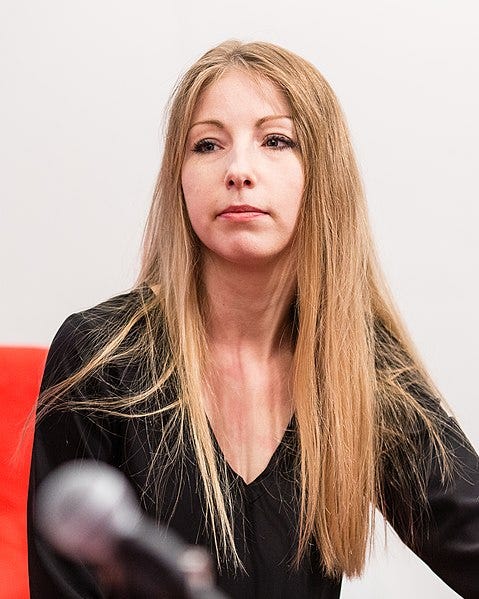A Slain Ukrainian Writer's Unfinished Manuscript Shows Courage Amid Chaos
Victoria Amelina was killed in a 2023 Russian airstrike. It's a crime that her book on women and war is unfinished.

It's a crime that Ukrainian writer Victoria Amelina's book, Looking at Women Lo…


